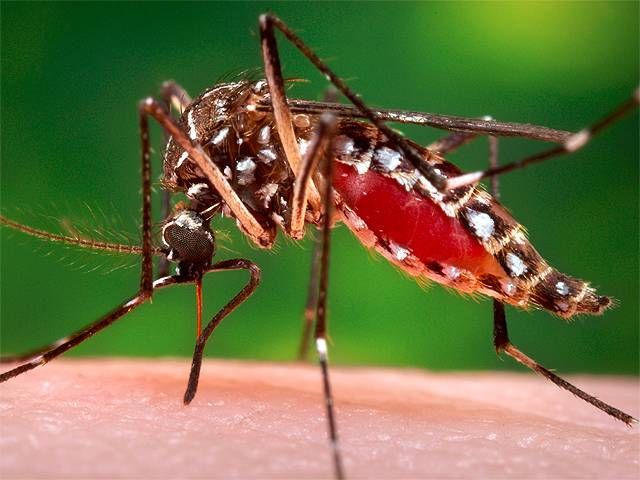
About 2.6 billion people that is over a third of entire global population lives in parts of Africa, Asia and the Pacific where Zika could possibly gain a new foothold, researchers warned on Friday.1.2 billion among this 2.6 billion at risk in India alone.
The people at the risk of this deadly and life threatening virus are mainly the ones who reside in unaffected areas of the world which have just the right climate and abundant mosquitoes for the virus to spread as well as propagate further to cause an epidemic as seen in America and Caribbean.
According to the most conservative scenario, populations living within the geographical range for Zika virus were highest in India (1.2 billion people), China (242 million), Indonesia (197 million) Nigeria (179 million), Pakistan (168 million), and Bangladesh (163 million)," said a study.
However the above possibility is just a theoretical one.
Whether these mosquito borne viruses would put lives at risk in these countries would majorly depend upon whether these countries have immunity against it.
Sporadic cases of Zika have been reported previously in Africa and Asia but it is unknown whether they were widespread enough for the populations to acquire a resistance against it.
Another problematic mystery is whether the vaccine to African Zika would provide protection against Asian strain which is currently under circulation.
"If Zika immunity is widespread, introduced Zika will fizzle out fast," Derek Gatherer of Lancaster University said.
"On the other hand, if it enters another unprotected population, we may see a repeat of what has already been seen in Brazil and other parts of Latin America."
THE SPREAD OF ZIKA:-An epidemiological risk model has been created by the research team which used air travel data, maps of mosquito spread and climate conditions, and information on population density and health
Adding to that, if an infected person arrives in an unaffected country, Zika can spread. Also if a local mosquito feeds on that individual, picks up the virus, and transfers it to another human with its next blood meal,the ZIKA vrus will spread.
The potential for epidemics to occur in parts of Africa and the Asia-Pacific region is particularly worrying given the vast numbers of people who are potentially susceptible to Zika virus and are living in environments where health and human resources to prevent, detect and respond to epidemics are limited.